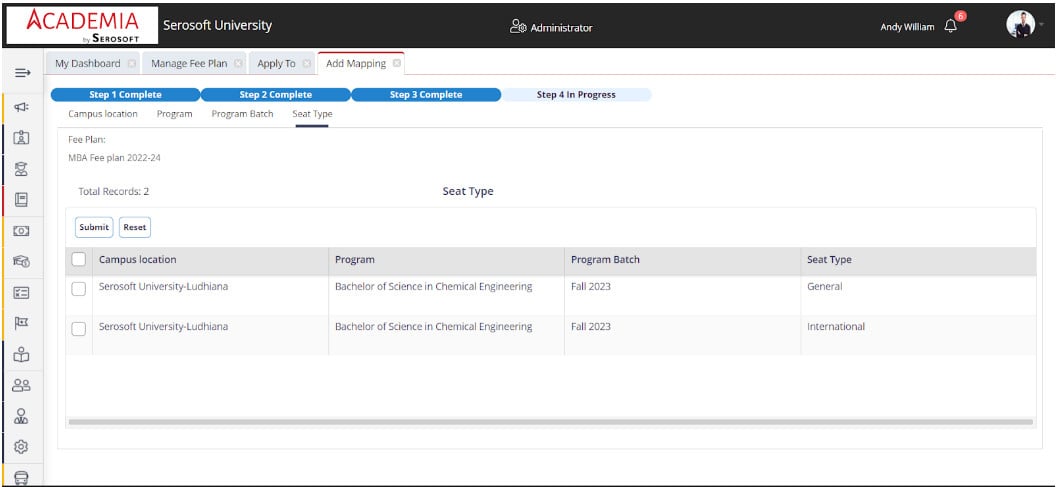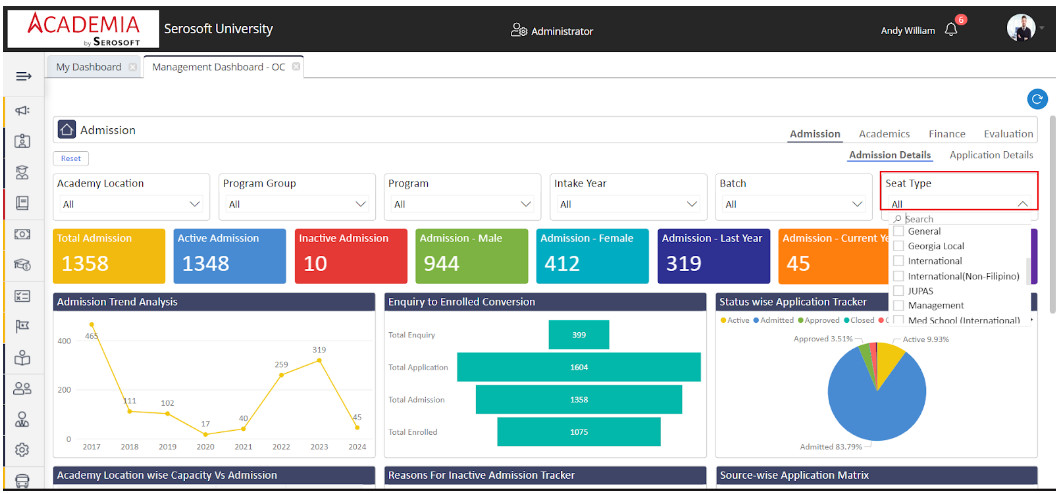Embracing Diversity, Equity, and Inclusion in Education (DEI): A Path to Holistic Growth
Diversity, Inclusion, and Equity (DEI) principles have become more relevant in today’s increasingly interconnected world. These universal values resonate with the fundamental belief that everyone deserves respect and the opportunity to thrive, irrespective of their background, identity, or circumstances. Aligning with the United Nations Sustainable Development Goals (SDGs), particularly Goal 4 (Quality Education) and Goal 10 (Reduced Inequalities), DEI initiatives play a pivotal role in fostering inclusive and equitable learning environments.
Let’s explore how DEI can transform educational environments and why it is crucial for students’ holistic development.
Universal Values: Respect for All Students
Respecting and valuing every student is a cornerstone of DEI. It involves recognizing the unique experiences and perspectives that each student brings to the table. When we honor these differences, we create a more dynamic and enriching learning environment. Respect is not just about tolerance; it’s about genuine appreciation and acceptance of diversity in all its forms.
For example, universities incorporate cosmopolitan meals into their dining options, demonstrating respect for diverse cultural backgrounds. By offering a variety of foods from different cultures, they not only cater to the dietary needs of international students but also expose all students to global culinary traditions. This simple yet profound gesture fosters a sense of belonging and mutual respect among students.
Creating Inclusive Environments
An inclusive environment is one where every student feels safe, supported, and valued. Such an atmosphere is essential for effective education as it allows students to focus on learning without the distraction of feeling marginalized or excluded. Inclusive environments are built on policies and practices that promote participation, representation, and equity.
For instance, educational institutions can adopt inclusive teaching strategies that cater to different learning styles and needs. This could involve providing materials in multiple formats, implementing collaborative learning activities, and ensuring that classroom discussions reflect diverse viewpoints. By doing so, educators create a space where all students can engage meaningfully and contribute their best.
Benefits of DEI
Enhanced Learning Outcomes
Research has shown that diverse and inclusive classrooms enhance critical thinking, problem-solving skills, and empathy among students. When exposed to various perspectives, students learn to approach problems more creatively and develop a deeper understanding of complex issues. This benefits their academic performance and prepares them for future challenges.
Preparing for a Diverse World
Today’s students will enter a globalized, multicultural workforce. Learning in diverse environments equips them with the skills and attitudes to navigate and succeed in such settings. Exposure to different cultures, ideas, and ways of thinking fosters adaptability, cultural competence, and practical communication skills – highly valued qualities in the modern workplace.
Broader Context of Educational Equity
Equitable Education
DEI is fundamentally about ensuring that all students have access to high-quality education and the opportunity to succeed. This means addressing systemic barriers and disparities that can hinder the educational progress of marginalized groups. Equitable education policies might include financial aid programs, mentorship opportunities, and targeted support services to help all students achieve their full potential.
Holistic Development
Beyond academic success, DEI contributes to the holistic development of students. It nurtures their social and emotional well-being, fostering a sense of belonging and community. When students feel seen and valued, they are more likely to develop confidence, resilience, and a positive self-image. These attributes are crucial for their overall growth and future success.
How Academia ERP Supports DEI
Modern educational institutions are leveraging technology to support DEI initiatives effectively. Academia ERP is a prime example of a solution designed to foster inclusivity and equity in academia through various features:
1. Gender Categories:
The ERP/SIS system includes many gender categories in student forms beyond the traditional binary options. This ensures that all students, regardless of their gender identity, feel recognized and respected.
2. Inclusive Admissions Process:
Academia ERP/SIS facilitates an inclusive admissions process by allowing institutions to categorize and admit students based on various criteria, such as socio-economic background, race, ethnicity, etc. This helps promote diversity and ensure that underrepresented groups have access to educational opportunities.

3. Customizable Reporting and Analytics:
The system offers robust reporting and analytics tools that help institutions monitor DEI metrics. This data-driven approach allows for continuous improvement of DEI strategies, ensuring that institutions remain committed to equity and inclusion.

4. Support for Diverse Learning Needs by Dynamic Assessment Scheme:
Academia ERP can be tailored to support students with different learning needs by integrating assistive technologies and dynamic assessment schemes. This ensures that all students receive the support they need to succeed academically.

5. Enhanced Communication Channels:
The Academia ERP system provides multiple communication channels, including multilingual support at some places, to engage with students and parents from diverse backgrounds effectively. This fosters better understanding and collaboration within the educational community.
Explore more about the Academia ERP/SIS here.
Conclusion
Embracing Diversity, Inclusion, and Equity in education is not just a moral imperative; it is a strategic advantage that benefits everyone. Although certain governments, courts & federal states share differing opinions, reflected in the decline of DEI in some higher education campuses, by respecting and valuing all students, creating inclusive environments, and promoting equitable education, we prepare our students to thrive in a diverse world. The example of cosmopolitan meals in universities illustrates how simple actions can make a significant impact in fostering inclusivity and respect. Ultimately, DEI enriches the educational experience and contributes to the holistic development of every student, paving the way for a more just and equitable society.
Related Posts:
 Higher Ed Plans
Higher Ed Plans K12 Plans
K12 Plans










